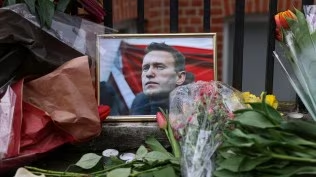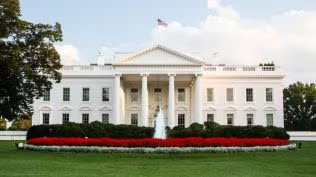At Harvard, some wonder what it will take to stop the spiral
When 70 university presidents gathered for a summit at the end of January, the topic on everyone’s mind was the crisis at Harvard University.
The hosts of the summit treated the university, battered by accusations of coddling antisemitism, as a business-school case study on leadership in higher education, complete with a slide presentation on its plummeting reputation.

Jeffrey Sonnenfeld, a professor at Yale University’s School of Management, organized the summit. “Despite near 400 years of history, the value of brand equity is nowhere near as permanent as Harvard trustees think it is,” he said in an interview.
Many presidents attending the summit saw the erosion of Harvard’s brand as a problem not only for the school, but also by extension for the entire enterprise of higher education. If Harvard could not protect itself, then what about every other institution? Could Harvard’s leadership find an effective response?
There was a hint of a more assertive approach by Harvard on Monday, when the university announced that it was investigating “deeply offensive antisemitic tropes” posted on social media by pro-Palestinian student and faculty groups.
Harvard took the action at a time when the House Committee on Education and the Workforce has begun to scrutinize its record on antisemitism. On Friday, the committee issued subpoenas to Harvard’s interim president, the head of the school’s governing board and its investment manager, in a wide-ranging hunt for documents relating to the university’s handling of campus antisemitism claims. The threat of the subpoenas led PEN America, a writers’ group that defends academic freedom, to warn against a fishing expedition.
There is also a lawsuit against Harvard, calling the university “a bastion of rampant anti-Jewish hatred and harassment,” as well as federal investigations into charges that the university ignored both antisemitism and Islamophobia on campus.
There is evidence of reputational damage: a 17% drop in the number of students applying to Harvard for early admission decisions this year. Other Ivy League schools saw increases.
The attacks “have obviously unsettled Harvard, in terms of its highest leadership,” said Randall Kennedy, a Harvard law professor. “They have undermined morale. It has been a very effective attack.”
Disclaimer: The copyright of this article belongs to the original author. Reposting this article is solely for the purpose of information dissemination and does not constitute any investment advice. If there is any infringement, please contact us immediately. We will make corrections or deletions as necessary. Thank you.





